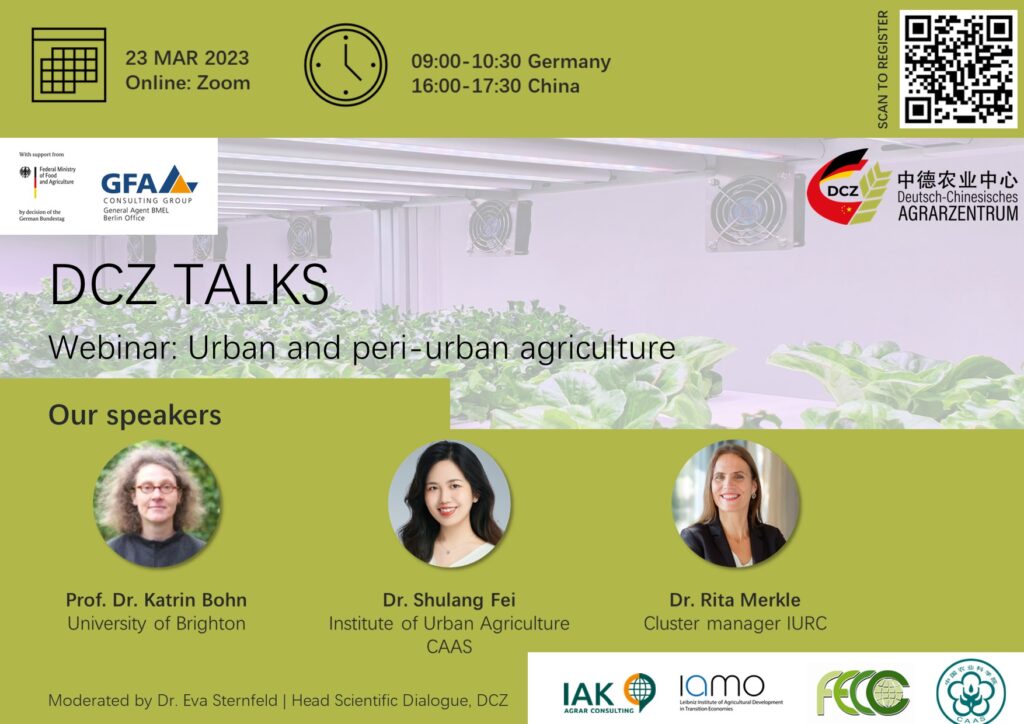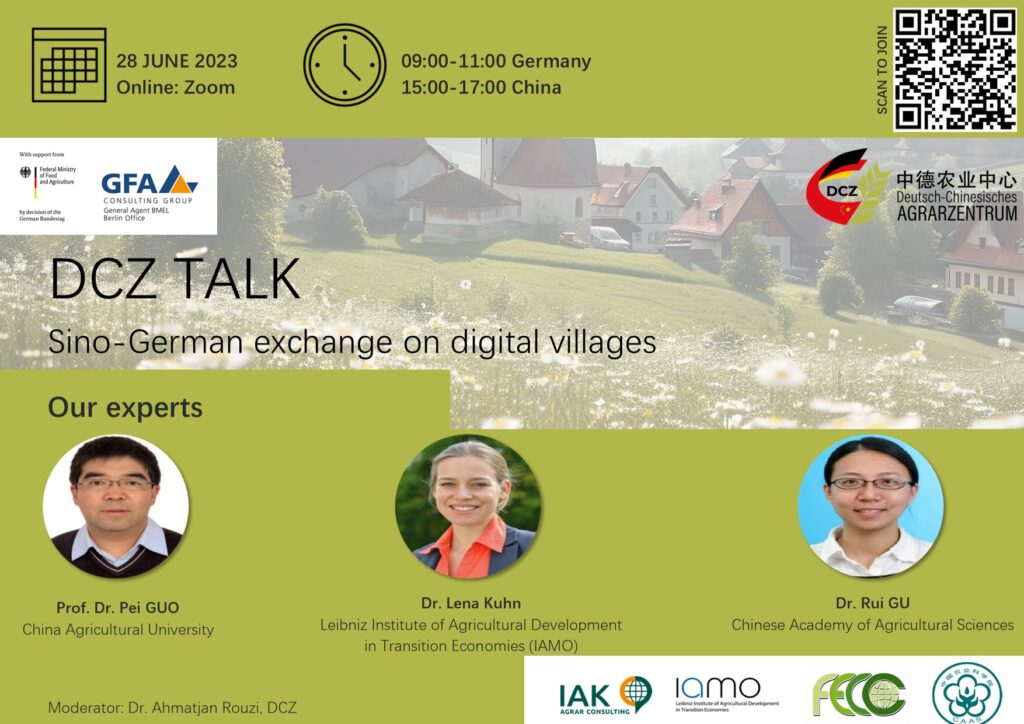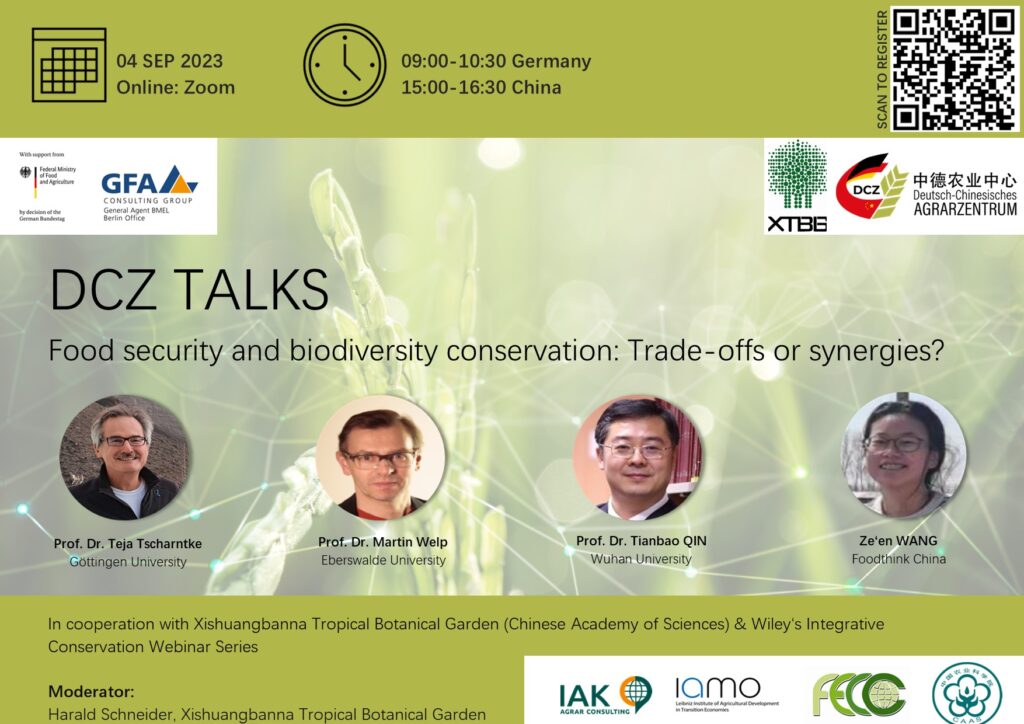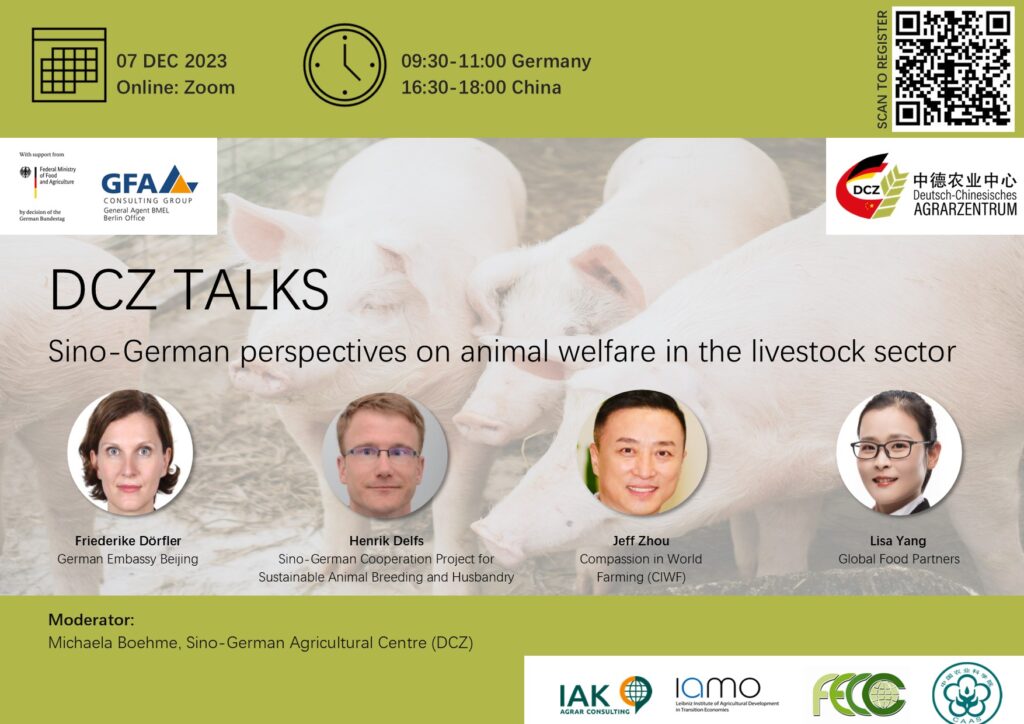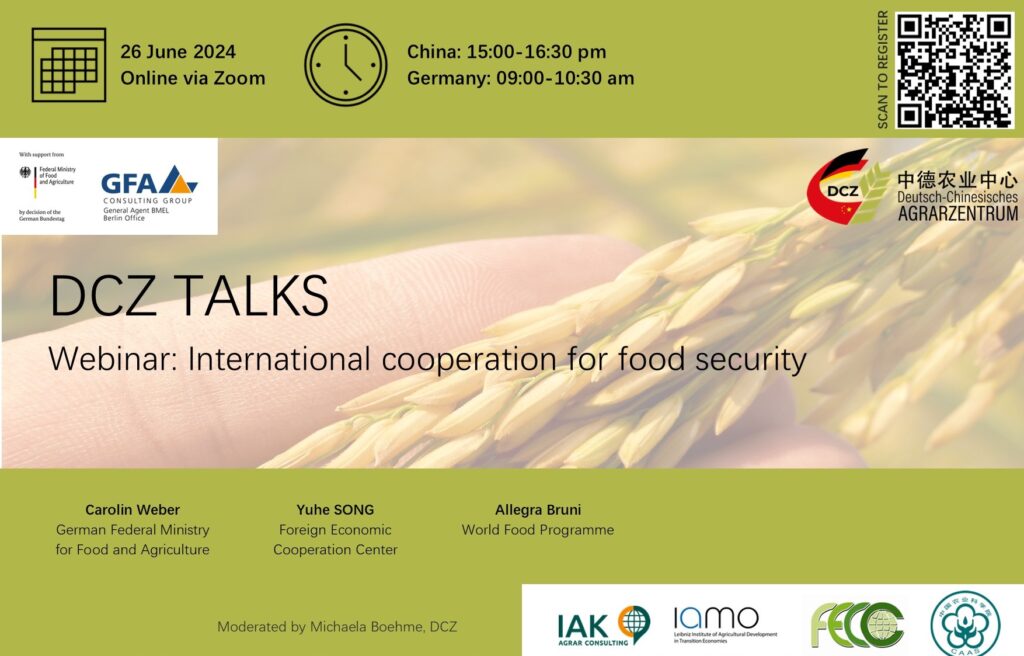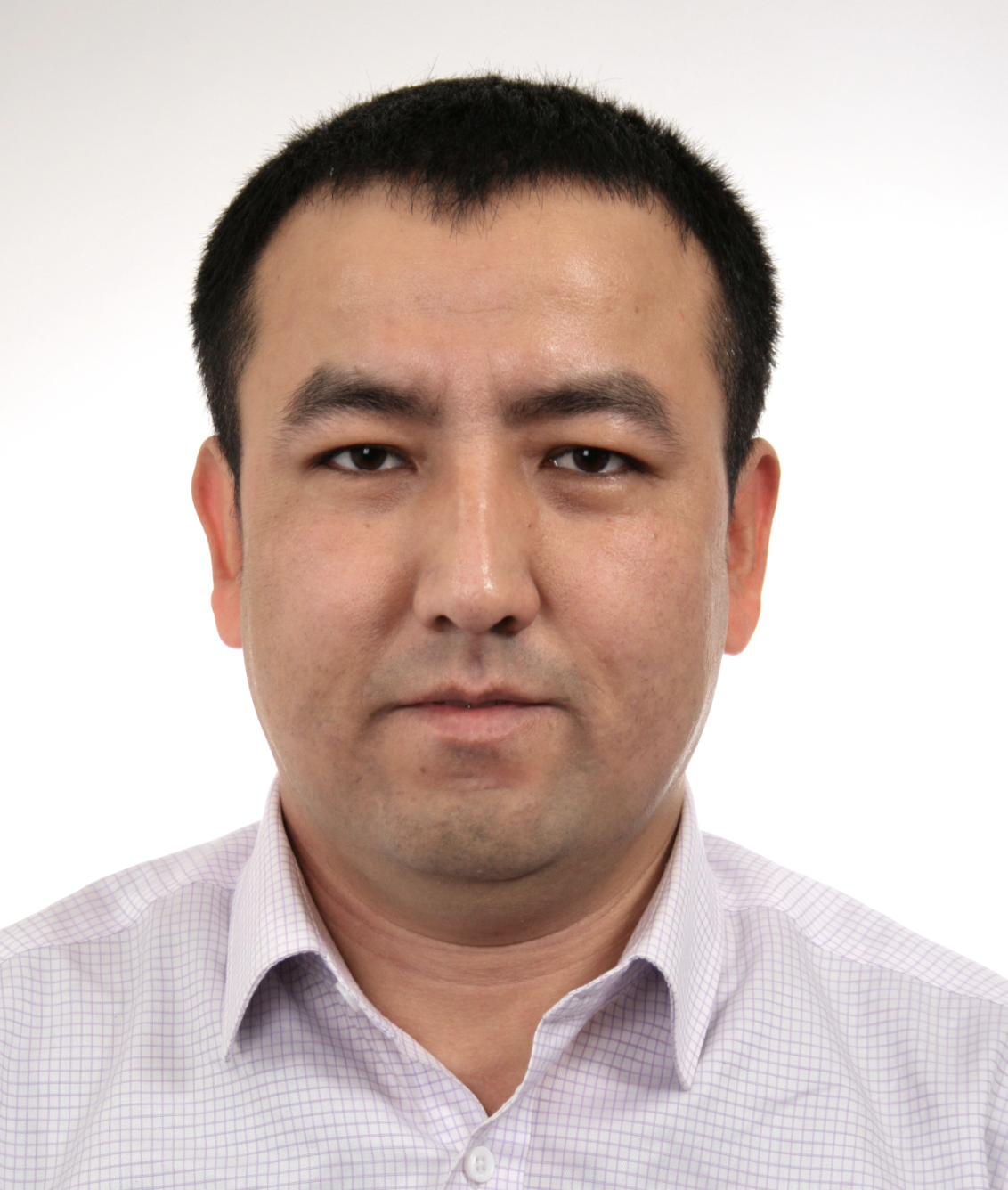On 17 April, the fifth edition of the DCZ TALKS series delved into rural development issues in China, featuring Professor Scott Rozelle from Stanford University as distinguished speaker. This event materialized following the publication of a book review by Dr. Ahmatjan Rouzi on Rozelle’s latest monograph Invisible China, co-authored with Natalie Hell, in the DCZ magazine Harvest ∙ 丰收 in 2022. Dr. Rouzi took on the role of moderator, leading the discussions. Representatives from organizations such as the Foreign Economic Cooperation Center (FECC) of the Chinese Ministry of Agriculture and Rural Affairs (MARA), the Research Center for Rural Economy (RCRE) of MARA, Peking University, China Agricultural University, the World Resource Institute (WRI), Friedrich Ebert Foundation, FrankurtRheinMain Gmbh, and Reuters were present in person.
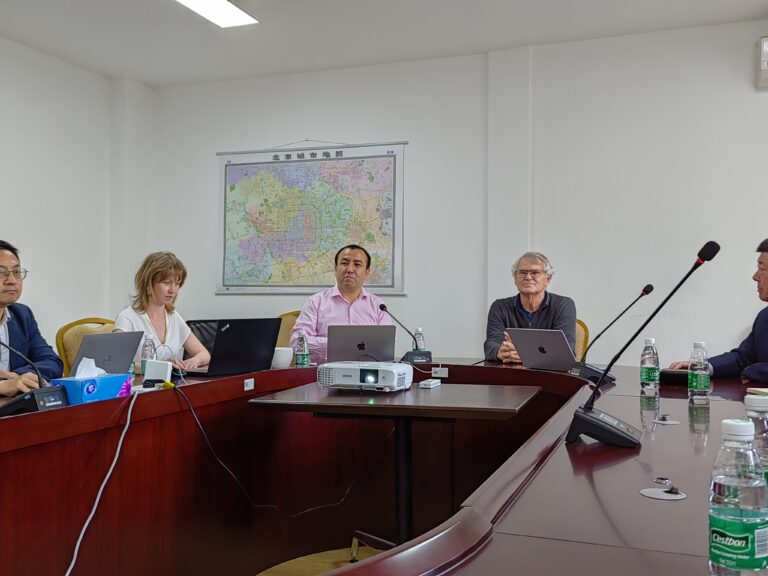
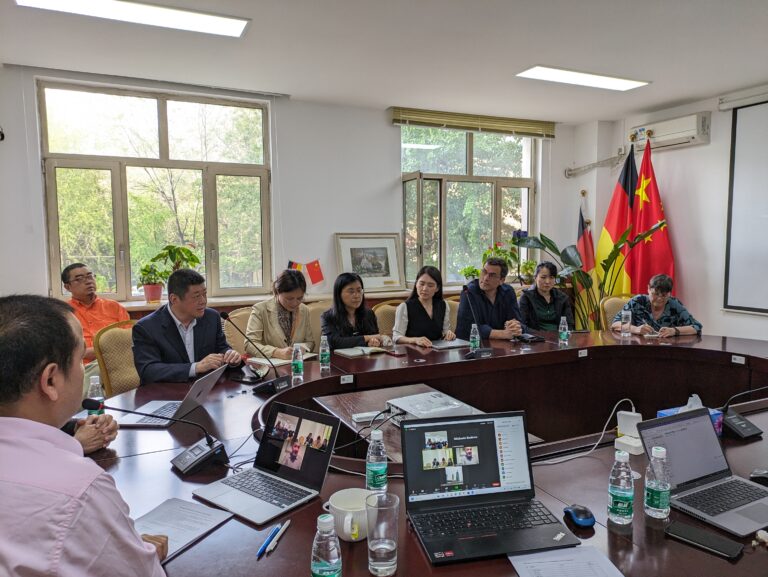
Drawing on many years of experience researching rural China, Professor Rozelle discussed key themes in the recent evolution of China’s rural areas and provided valuable insights into the significance and challenges of the country’s current rural revitalization drive.
During his presentation titled “Common Prosperity Begins at 0-3: How the Rural-Urban Divide in China Threatens the Nation’s Rise”, Rozelle emphasized the crucial role of early childhood development in shaping the prospects of rural children.
Professor Rozelle began his talk by highlighting the growing perception of inequality and pessimism among the Chinese population. According to his recent surveys and investigations, an increasing number of people in China viewed “social connections” as the most crucial factor for advancement, as opposed to “hard work” and “good education” in similar surveys conducted 10 and 20 years ago.
He emphasized the need for substantial improvements in Chinese human capital, citing a meager 30% high school attainment rate in 2015. This indicates the necessity for China to make significant strides toward transitioning into a high-income advanced economy.
While acknowledging the considerable progress in educational advancements in coastal and urban areas, Rozelle underscored the substantial educational lag in the vast rural areas of the interior and western regions. Despite commendable efforts in areas such as nutritional support and additional health services for reducing anemia and myopia among school-aged children, standard test scores and college attainment rates have remained stagnant. He attributed this stagnation to delays in early childhood and cognitive development, emphasizing the critical importance of care during the formative years, particularly from ages 0 to 3. Professor Rozelle proposed the concept of “baby-nomics”, suggesting that parental training and intervention could serve as a solution to enhance the cognitive development of rural children, bridging the educational and opportunity divide between urban and rural areas.
Asked by Dr. Rouzi about the timeliness of his data on high school attainment—the basis for his pessimistic projections for China’s rural-urban divide—Professor Rozelle acknowledged that the gap is generational and closing, but added more efforts are needed to avert social dislocation. When asked by Dr. Rouzi whether learnings from China are applicable to address the persistent developmental gaps between urban and rural areas in the US and other Western countries, Professor Rozelle stressed that the economic, social, and cultural differences would require more nuanced solutions to tackle inequalities in a developed country context such as the US. Professor Rozelle also shared his experiences at the intersection of science and policy, detailing successful international collaborations with various Chinese institutions involved in agriculture and rural development.
The event witnessed lively engagement from both onsite and online participants, with discussions spanning topics such as early childhood development, women’s role in childhood education, the future of farmers in China, vocational and skills training, China’s ambitions to become an agriculture powerhouse, and the receptiveness of research subjects.
Recording
Watch a recording of the webinar on our YouTube channel.




